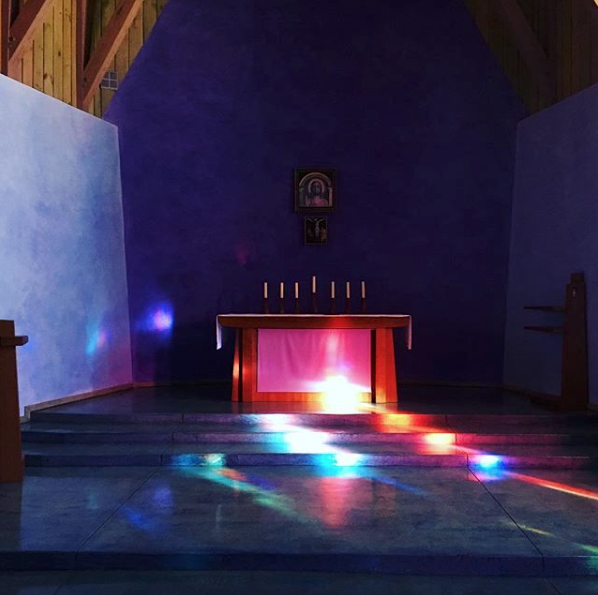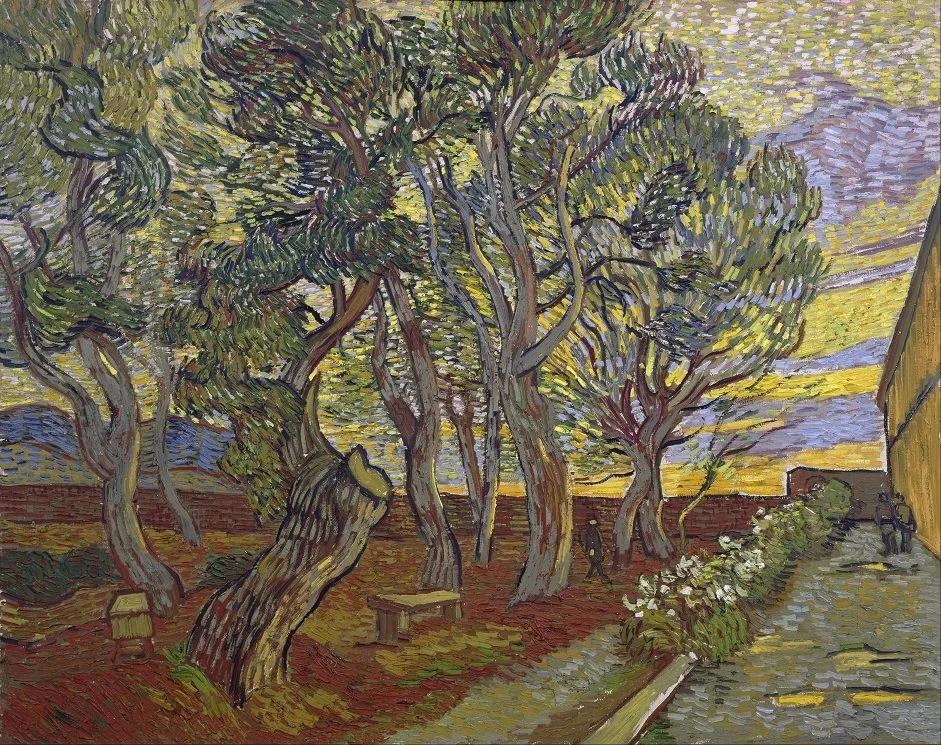
ABOUT
The Christian Community
Movement For Religious Renewal
The Christian Community is part of an international movement for the renewal of religion, founded in 1922 in Switzerland by the eminent Lutheran theologian and minister Friedrich Rittlemeyer, with the help of Rudolf Steiner, Austrian thinker and spiritual researcher.
The Christian Community is a church centered around the seven sacraments in their renewed form. The text of our Creed, is a metamorphosis of the Apostle's and Nicene Creeds. Members are not required to sign articles of faith, and are encouraged to form independent judgments in religious matters. Nor do we have any formal written dogma. Each priest has the freedom to teach anything which does not contradict the content of the sacraments whose texts form the "bedrock" of The Christian Community. As a result, the teachings are rich, varied and evolving. They are inspired by traditional Christian theology, the original work of Rudolf Steiner, and by independent research and insights of priests and members. There is room in this modern Christian theology to incorporate such ideas as reincarnation and karma, a truly cosmic conception of Christ, and the role of spiritual beings at all levels of existence.
There are approximately 350 independent Christian Community Congregations worldwide, with several congregations in North America. Services are also held through visits to branch congregations in several additional locations. Each Christian Community congregation is financially independent and exists through the voluntary pledges and donations of its local members. There are regional and international administrative bodies to coordinate the work at those levels.
For all of the above reasons, most congregations of The Christian Community in North America, the first of which was founded in North America in New York City in 1948, are small and intimate. This gives individual members the possibility of greater initiative and impact.
Congregations in Europe, where The Christian Community has been longer established, tend to be larger. Some of our churches in Europe seat 600–1,000. The scope of the work in Europe tends to be broader, including, for example, large venue international conferences.
“There is also room in this modern Christian theology to incorporate such ideas as reincarnation and karma, a truly cosmic conception of Christ, and the role of spiritual beings at all levels of existence. The Christ Jesus is recognized as the Guide and Redeemer who ‘goes before us’ leading us to our true humanity.”

SACRAMENTS
The Seven Sacraments
The Christian Community celebrates the Eucharist the Sacrament of bread and wine, in a renewed form. This renewal of the archetypal form of early Christian worship, the mass, is called The Consecration of the Human Being.
It consists of four steps that reveal in visible form what happens as an invisible process in the spirit:
Gospel reading — hearing the good news from the realm of the angels;
Offertory — offering ourselves in response;
Transubstantiation — the transformation of what is offered;
Communion — receiving renewal in spiritual-physical form.
This underlying structure is the human path, the way toward Christ. The unusual name, The Consecration of the Human Being, implies that the ultimate goal of our lives is to become a true human being. Christ, who himself became a human being, enlivens our true humanity. He gives his healing, transforming power to those who seek him, who recognize him, and who follow him.
The Sacrament of Baptism receives the child into the religious community, represented particularly by the godparents.
The Sacrament of Confirmation takes place at the age of fourteen to strengthen and support a young person's path into life.
The Sacrament of Marriage blesses the decision of a couple to share community of life, supported by two chosen witnesses.
The Last Anointing, along with the burial ritual, helps the dying to free themselves from the body and move into body-free spiritual life.
The Sacrament of Consultation (by request and confidential) is religious counseling for one's life destiny, and supports individual efforts to take responsibility for life.
The Sacrament of Ordination The sacraments are performed by the priest through the power conferred by the Sacrament of Ordination.
In The Christian Community both men and women can be come priests. The sacraments are Christ's way of speaking to us and of our joining in his deed at important junctures in our lives. Through them he nourishes and supports our earthly existence.
CELEBRATING THE CHRISTIAN YEAR
Progressing through the nine festivals of the liturgical year (and the four inter-festival seasons) involves our souls in an evolving relationship to Christ. The changing colors, vestments and prayers express the mood and character of the festivals and seasons.